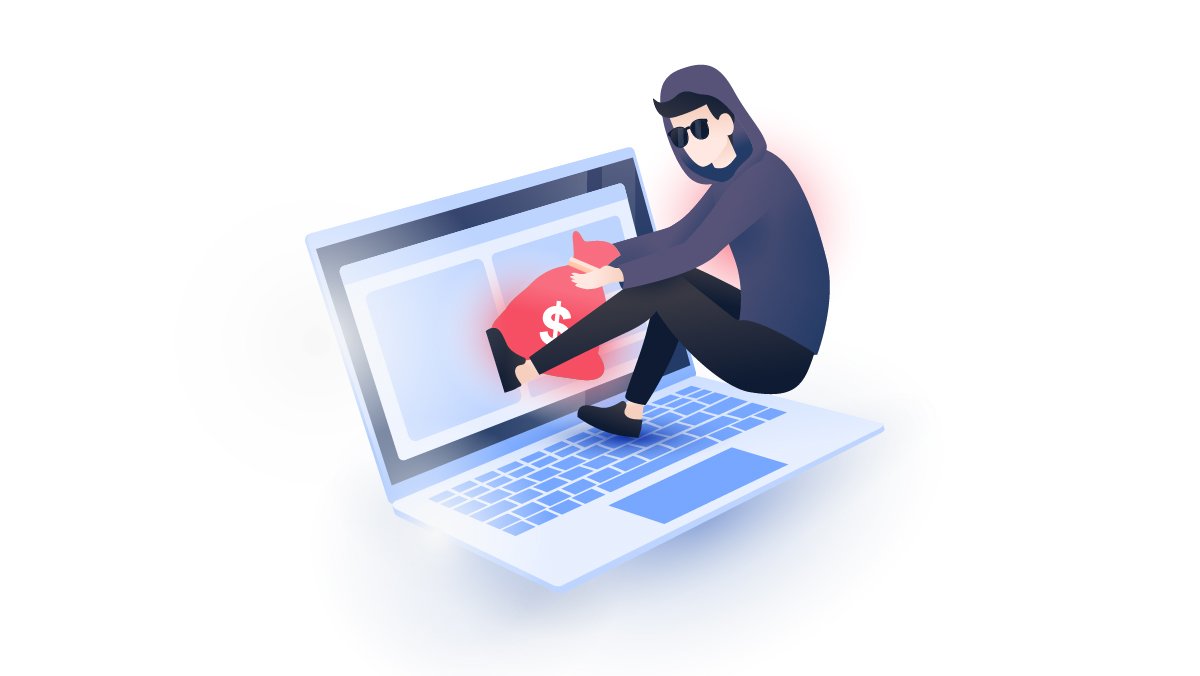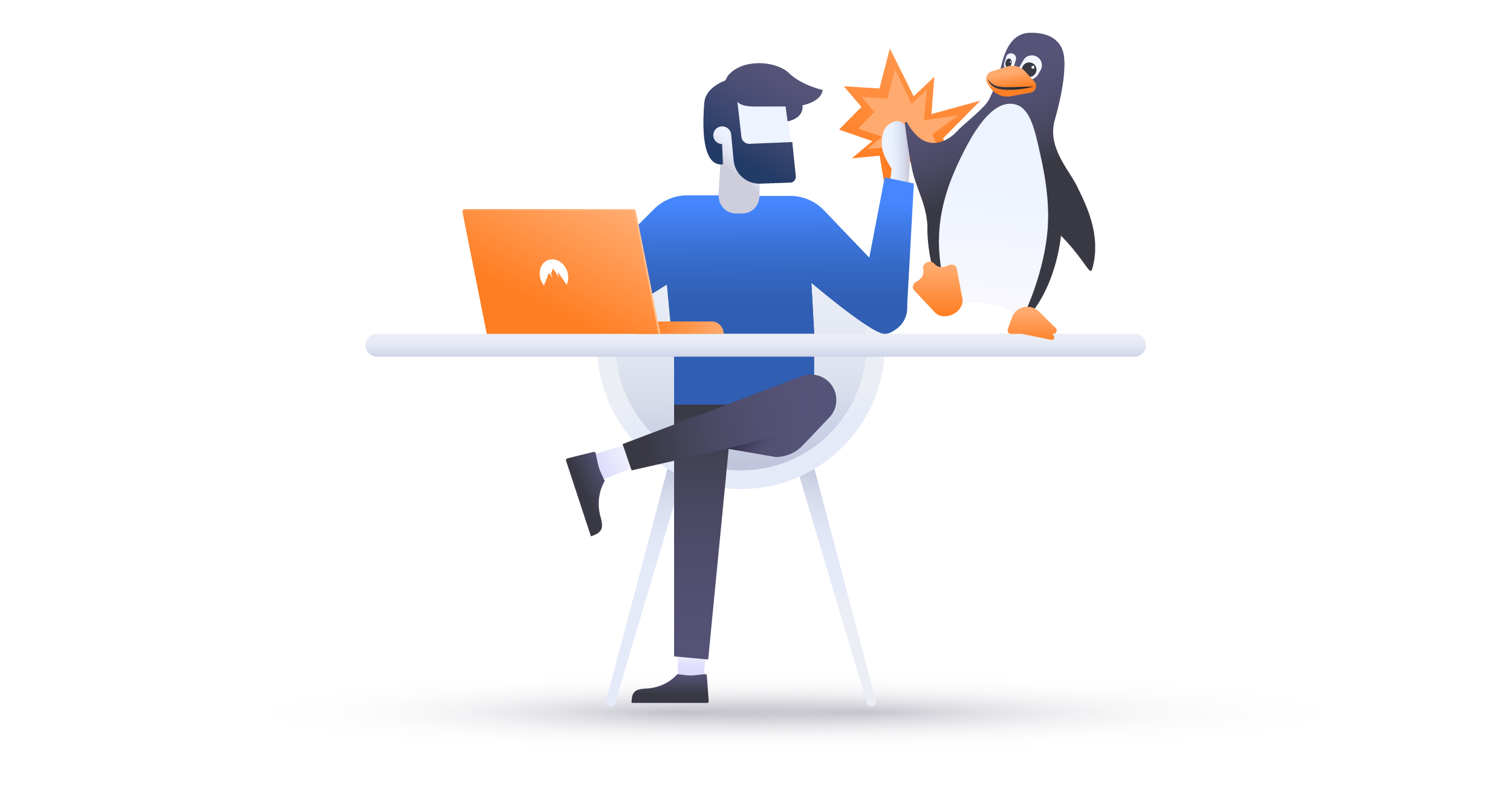Australia vs. Facebook: why Australians are boycotting the tech giant
Imagine all the news content suddenly disappears from your Facebook news feed. You can't see what is happening in the world. Even worse, government organizations can no longer use the platform to inform you about emergencies. This is what Australia is experiencing at the moment. And we are still not sure how long it will last.
Paul Black
Feb 19, 2021 · 3 min read

What happened?
A few days ago, Facebook imposed restrictions on Australian users and publishers, which stopped them sharing and viewing Australian and international news media on the platform. As a result, Australians can no longer see any news posts or videos on their Facebook feeds. Moreover, some community and government websites have also been caught in the crossfire, with their content being removed.
The social media giant did this in response to Australia’s proposed Media Bargaining Code. The code states that the tech companies should pay for the content created by Australian news outlets. This allows news companies to collectively negotiate a price with tech firms for the content appearing in their news feeds and search results. Basically, tech companies will have to pay news firms in Australia if their content appears on the corporation’s platform.
Australian users reacted to the Facebook news ban by launching the #deleteFacebook campaign urging users to boycott the platform and immediately remove their accounts. They claimed that Facebook’s actions restricted their access to vitally important information regarding Covid updates or emergencies.
The government aimed the law mostly at Facebook and Google, but it will include other companies too. Google has complied with the law and paid for Rupert Murdoch's News Corp, allowing its Australian outlets to appear in search results. Facebook has not followed suit, however, and also postponed the launch of a new Facebook News feature it had planned to roll out in Australia.
Facebook's position
Facebook states that the law totally misunderstands its relationship with publishers. It says that publishers themselves choose to publish their content on the platform, and it allows them to sell more subscriptions, grow their advertising profits, and increase audiences.
Also, Facebook claims to act in favor of the publishers and argues that the law will undermine this relationship. In 2020 Facebook generated around 5.1 billion free referrals to Aussie media outlets, which are worth around 407 million Australian dollars. In its official statement, Facebook also claimed that it doesn't profit much from the news content as it comprises just 4% of the news feed.
There is also a democracy and free speech aspect in a tech giant's position as it claims to offer a free tool for news organizations to spread information.
In short, Facebook believes it has already benefited the news organizations, and that the company shouldn't have to pay them. Facebook also promised to lift the ban for the non-news pages that were accidentally affected.
The Australian government's position
Australia has been concerned about the dominance of big tech over media companies for quite a long time. According to the Reuters Institute Digital News Report 2020, over 50% of Australians use Facebook as a news source.
Australian Competition and Consumer Commission's (ACCC) inquiry outcomes stated that there is an imbalance of power between the tech corporations and the local media. So this code is an attempt to level the lack of balance and make Facebook and Google pay for journalists' work. It is also an effort to attract financial support to Australia's news industry and strengthen its contribution to democratic values.
Australia sees Facebook's decision to “unfriend” the country as arrogant and disappointing. Some have framed it as another example of tech giants acting like they are “bigger than governments”.
In particular, concerns have been raised regarding the timing of the news ban. Blocking the content during the pandemic and bushfire season causes potential threats to society.
Who is to blame, and what happens next?
While it’s easy to attack Facebook for using its excessive power so carelessly, the situation is not as black-and-white as it appears. The Australian government's track record on privacy is not great; it’s already attempted to introduce encryption backdoors and online surveillance for its citizens. The government’s democracy and free press arguments sound less convincing in light of their previous actions.
But Facebook hasn’t handled this situation well either and blocking essential government pages has been a PR disaster for them. Relations between Facebook and Australia are still tense but the real victims are the ordinary users and publishers affected. Let's hope this situation won't set a dangerous precedent, and that both sides will reach a satisfying compromise.
Want to read more like this?
Get the latest news and tips from NordVPN

